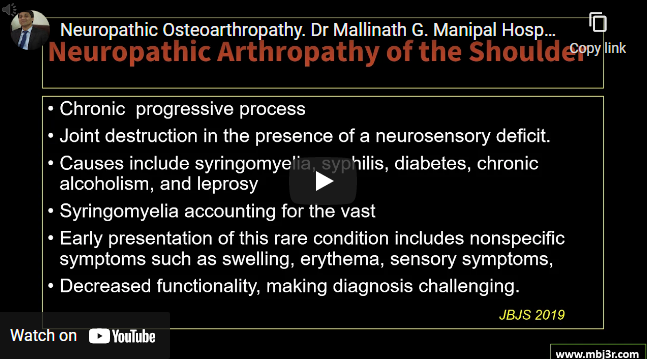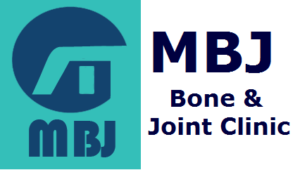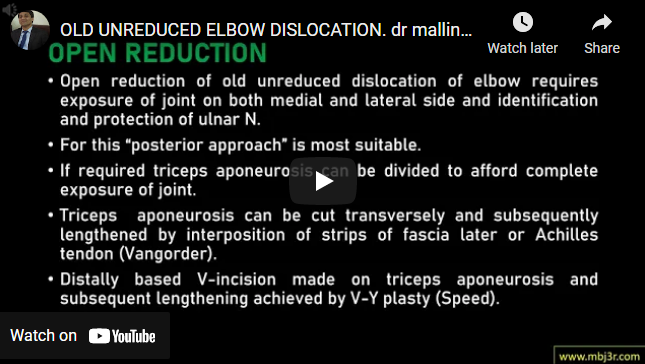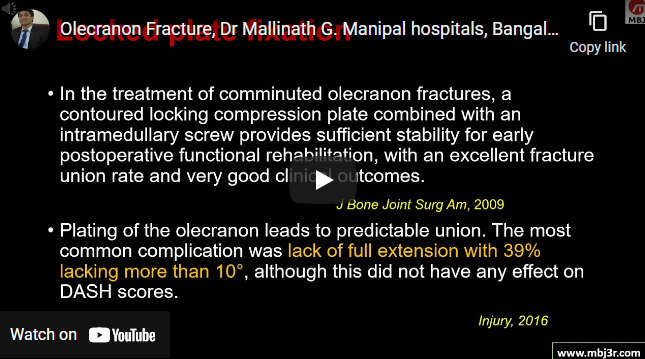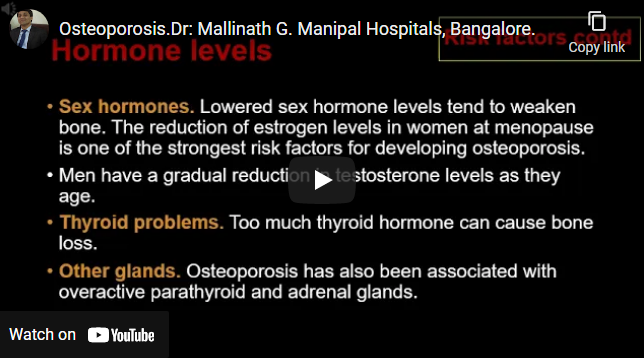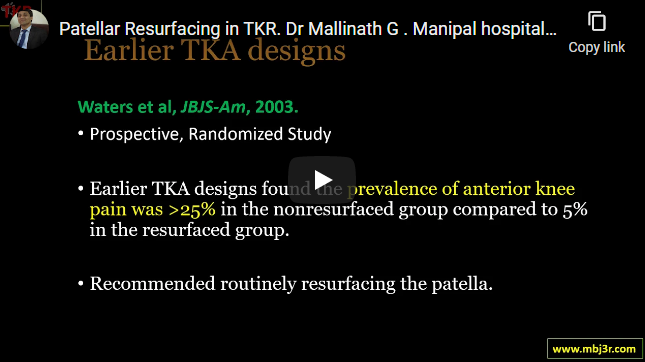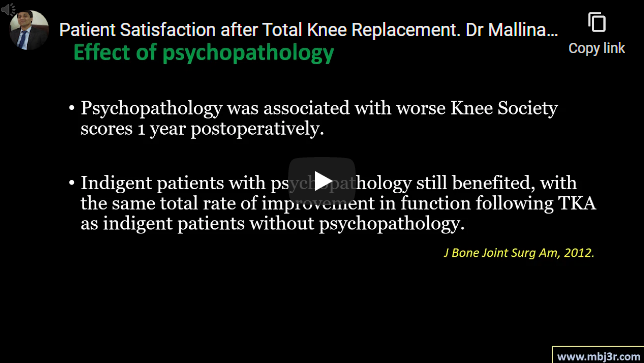Causes are Diabetes mellitus, Syringomyelia, Spinal cord tumors, Meningomyelocele, Extrinsic compression of the spinal cord, Peripheral nerve tumors, Multiple sclerosis, Congenital insensitivity to pain, Hereditary sensory and motor neuropathy Absenceof normal protective sensory feedback Repetitive mechanical trauma causes progressive joint destruction X rays show hypertrophic joint: manifested radiologically as joint destruction and fragmentation, osseous sclerosis, and osteophyte formation or atrophic…
